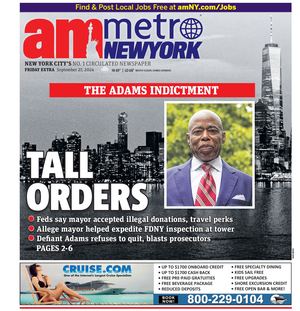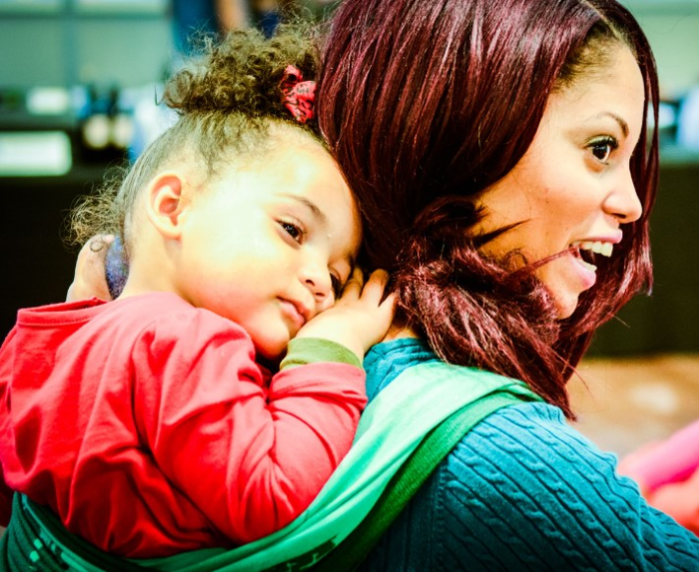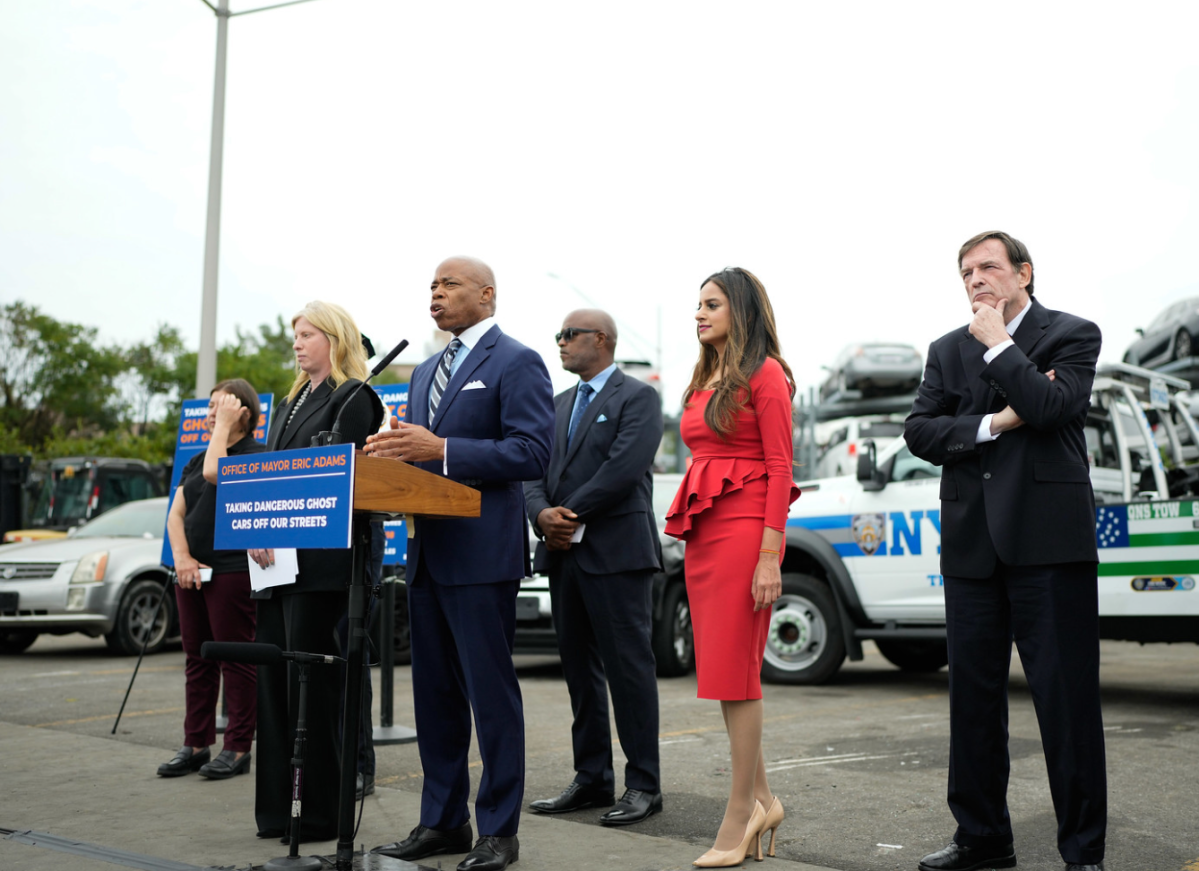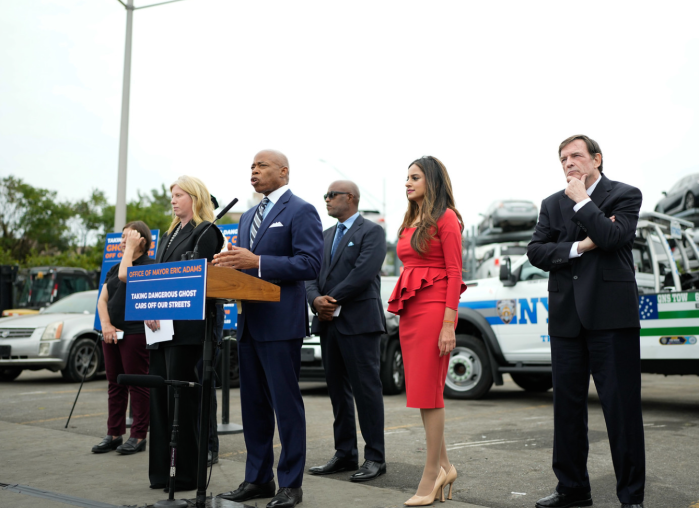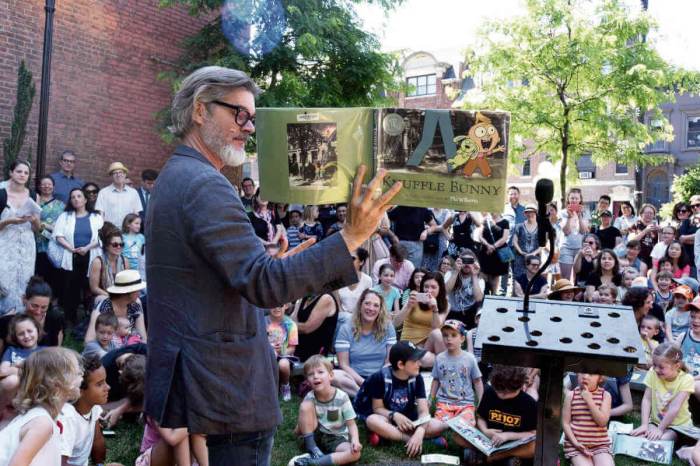By Steven Snyder
Daniel Karslake’s sobering documentary “For the Bible Tells Me So” is a movie about people thrown off their foundations, about the closed bubble of people’s religious worldviews being punctured by the discovery that one of their loved ones is living, according to their teachings, a life of sin. It’s a movie about how the purity of the Bible and the reality on the ground don’t always mesh, and about the psychological challenge such a disconnect can cause for the devout.
More specifically, it’s a true-to-life drama about conservative fundamentalists who awake one day and discover that someone in their life is gay. In some cases, they are parents who actively attempt to coach their child out of “being gay”; in others, we witness parents who find a way of balancing their beliefs and the lives of their children. In a few instances, we even see the steps through which a parent comes to reject their religious beliefs, realizing that the basic teachings they have been told across the decades — that homosexuality is the devil’s work — doesn’t quite gel with what they feel for their children. In one heartbreaking episode, a woman becomes an advocate against hatred of gays after her daughter, a lesbian, commits suicide.
Unloading on an institution that he clearly feels has advanced an agenda of hatred and division, Karslake is relentless in his attack. He seems to feel that the Church is to blame for this issue, for wedging people apart and teaching that one segment of the population are agents of evil. But in his dissection of the issue, Karslake goes beyond the basic, literal teachings of the Bible. He chronicles the ways in which many churches refuse to accept gay people into their flock, and reveals the way in which the anti-gay preaching foments homophobia among parents, which then makes it next to impossible for their children to come out. It is a passive-aggressive attack, Karslake says, that is taking a devastating emotional toll on confused young men and women still trying to feel comfortable in their own skin. By turning parent against child, the stress and pressure put upon that gay child is immense.
It’s the personal, intimate nature of its case studies that makes “For the Bible Tells Me So” such a gut-wrenching, memorable affair. Far more than just a policy debate, or an attack on the perceived hypocrisy of the Church, “Bible” is a case-by-case account of what an agenda of hatred can do to a family — and a chronicling of how this hatred crumbles in the face of first-hand evidence, when one is able to see, to touch, and to interact with the supposedly “subversive” soul. For each of these families, it was a life-changing moment; hopefully this documentary, if it finds its way to the right audiences, will have much the same effect.
